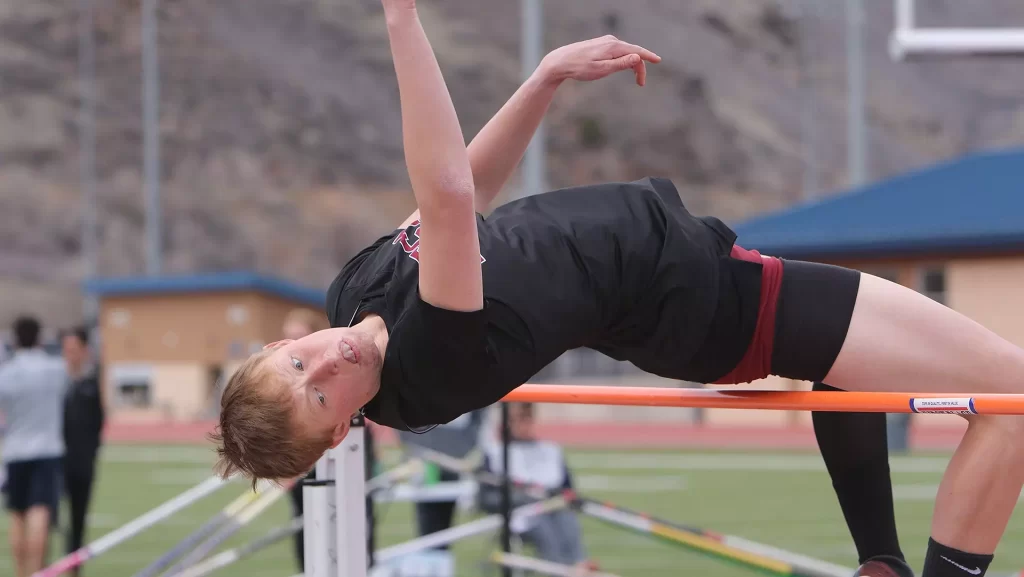PHOENIX — Perhaps the most daunting chapter of a college athlete’s career is when the time finally comes to hang up their jersey and step into their new role of being a regular, everyday person. Coaches, academic advisors and professors often go above and beyond when it comes to preparing an individual for the arduous task of being a student athlete and balancing both roles, but not nearly enough is done to prepare those students for their transition into “the real world.”
As a college athlete, your day is largely mapped out for you from start to finish. A typical schedule might include waking up early (around 6 a.m. or even earlier) to scarf down a healthy breakfast before heading off to their morning workouts. They’ll then sit through hours of college-level coursework and lectures, attend mandatory study halls, meet with advisors and professors and then return to their respective fields or stadiums for practice. Why not throw in an extra weight-lifting or training session to round off the evening—maybe even some night classes?
These schedules are extremely regimented and largely tailored to fit the individual athlete’s personal needs, but let’s be honest, that’s not real life, and it won’t last forever. After that final game, competition or meet, the college athlete is then set free into the wild, and hopefully, if they’re lucky, they’ll retain the necessary portions of their routine as they exit the program.
Josie Coffey, a former track and field athlete for the Arizona State Sun Devils, recently completed her final year of eligibility as a college athlete. For her, and so many others in similar positions, this is a moment that was a long time coming, but nothing could have prepared her for it.
“I would argue, at least for me personally, it was much harder to transition out,” Coffey explained while comparing the adjustment to an athlete’s schedule to a non-athlete’s schedule. “I’ve done it for so long, and I’m such a person of routine that it feels like I’m not where I’m supposed to be.”
According to NCAA statistics, only two percent of student-athletes go on to compete professionally across all sports (this number is even lower for Olympic sports like Track and Field). What most student-athletes are left with is a huge void in their lives, schedules and routines.
In addition to the increased risk for developing mental health disorders, former college student-athletes also struggle to maintain their physical health once they’ve departed from their respective sports. After all, if no one is telling you what you can’t eat and what you ought to do to keep yourself physically fit—and they’ve done so for so long—it’s natural that in a moment of indecision, one might choose to watch Netflix and order fast food rather than doing wind sprints and eating rice and baked chicken.
Beyond the basic struggles of choosing the right foods and going to bed at the appropriate time, college student-athletes also face the challenge of finding purpose in their life outside of their former sports. Something as simple as having too much free time can be a challenge in and of itself.
“The biggest challenge, I think, is finding ways to fill my time that makes me feel productive,” Coffey said. “Being an athlete isn’t easy, but in a way, it gave me so much purpose.” Coffey is not dissimilar to thousands of other former college student-athletes in that one the most difficult things for her to do now is convincing herself that she’s doing enough at all. “I spend a lot of time researching to learn more things that improve who I am as a person and make me feel more purposeful.
Though the NCAA has taken steps to address the challenges that student-athletes face upon graduation (such as the NCAA Life Skills program), there’s still much more work to be done. According to contemporary research on the subject, former athletes have a worse health-related quality of life than former collegiate non-athletes. This could be due to historical injuries with symptoms that have been exacerbated over time, or it could be due to the overwhelming feelings of grief, sadness, loss of motivation and even depression athletes face due to being improperly prepared for retirement from sports.
The NCAA obviously wouldn’t want to appear to be insensitive to these concerns, but quite frankly, they’re not doing enough to combat the feeling of being discarded that many of these former student-athletes encounter upon graduation. Coffey said that Sun Devil Athletics does provide “a lot of career programming” to prepare athletes for life after graduation, but it’s certainly not a cure-all.
“You’re just wondering, ‘did I do enough, did I leave enough of an impact to be recognized,’” Coffey said. “I will say I definitely feel a little alienated.”


